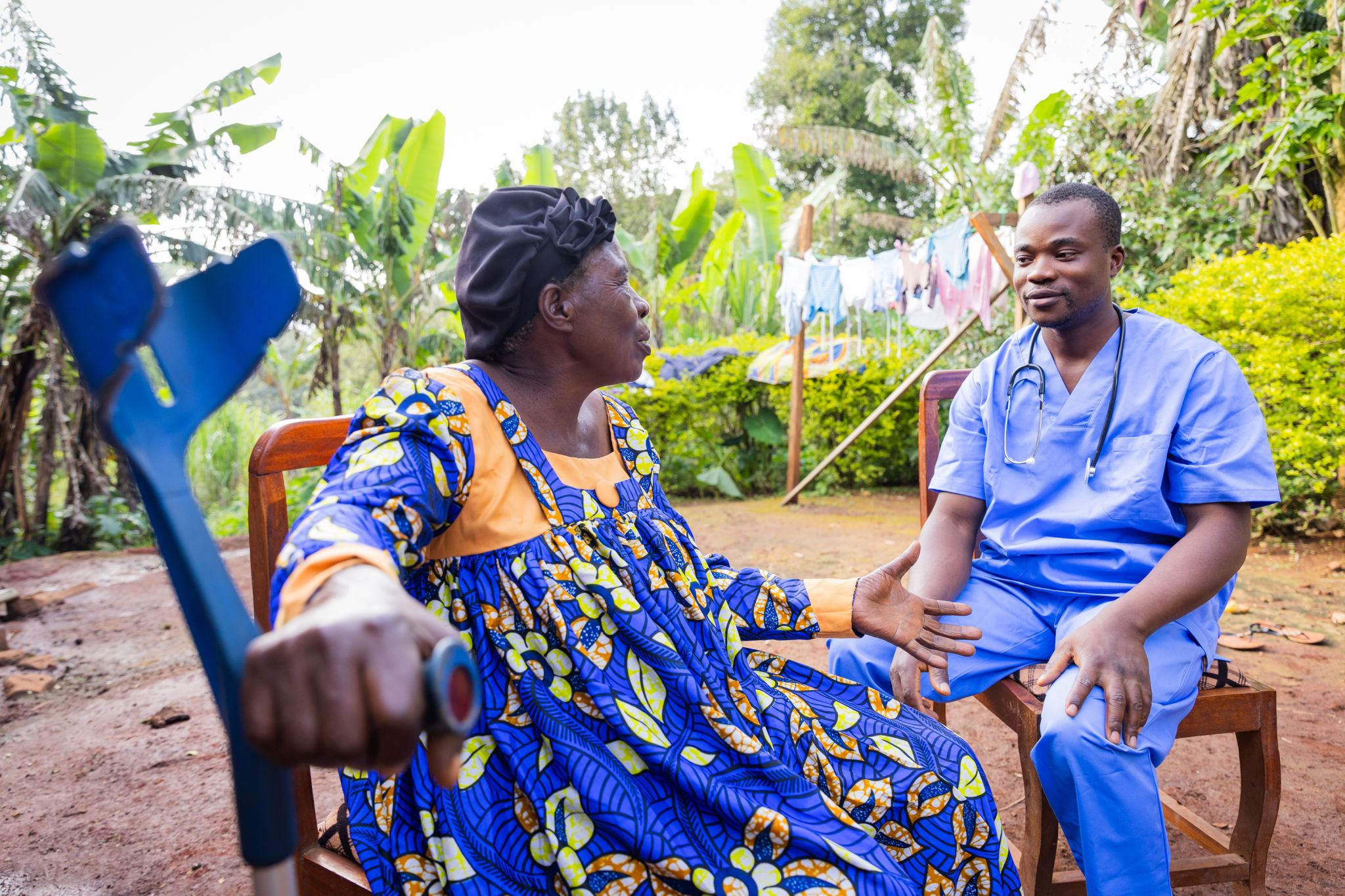Case Study: Successful Health Interventions in Rural African Communities
PH
Introduction to Health Interventions in Rural Africa
Health interventions in rural African communities have significantly improved the quality of life for millions of people. These interventions often focus on addressing prevalent health issues such as malnutrition, infectious diseases, and maternal health. By implementing targeted strategies, various organizations have made great strides in overcoming these challenges.

Key Strategies for Successful Interventions
Effective health interventions in rural Africa typically involve a combination of education, infrastructure development, and community engagement. These strategies are essential to ensure that interventions are culturally sensitive and sustainable in the long run. Here are some key strategies that have proven successful:
- Community Involvement: Engaging local leaders and community members helps build trust and ensures that interventions are tailored to the community's specific needs.
- Education and Awareness: Educating communities about hygiene, nutrition, and disease prevention is crucial for the success of health programs.
- Infrastructure Development: Building clinics and improving access to clean water can significantly enhance health outcomes.
Case Study: Maternal Health Programs
One notable example of a successful health intervention is the improvement of maternal health services in rural areas. By focusing on prenatal care and safe childbirth practices, these programs have reduced maternal mortality rates significantly. For instance, training local midwives and providing access to emergency care have been pivotal in ensuring safer deliveries.

Combating Infectious Diseases
Infectious diseases like malaria and tuberculosis pose significant threats to rural communities. Successful interventions have included distributing mosquito nets, offering vaccinations, and implementing treatment programs. These efforts have drastically reduced infection rates and improved overall community health.
The integration of technology has also played a crucial role in combating infectious diseases. Mobile health platforms enable healthcare workers to monitor outbreaks and deliver timely interventions, even in the most remote areas.
Nutrition and Food Security
Addressing malnutrition through sustainable agricultural practices and nutrition education has been another focus area for health interventions. Programs that promote crop diversification, provide nutritional supplements, and educate families about balanced diets have contributed to improved nutritional status among children and adults alike.

Conclusion: Lessons Learned and Future Directions
The success of health interventions in rural African communities highlights the importance of a holistic approach that combines community involvement, education, infrastructure development, and technology. Moving forward, these principles can guide future interventions to further enhance health outcomes across the continent.
The lessons learned from these initiatives also emphasize the need for continued investment and collaboration among governments, non-profits, and local communities to sustain progress and address emerging health challenges effectively.